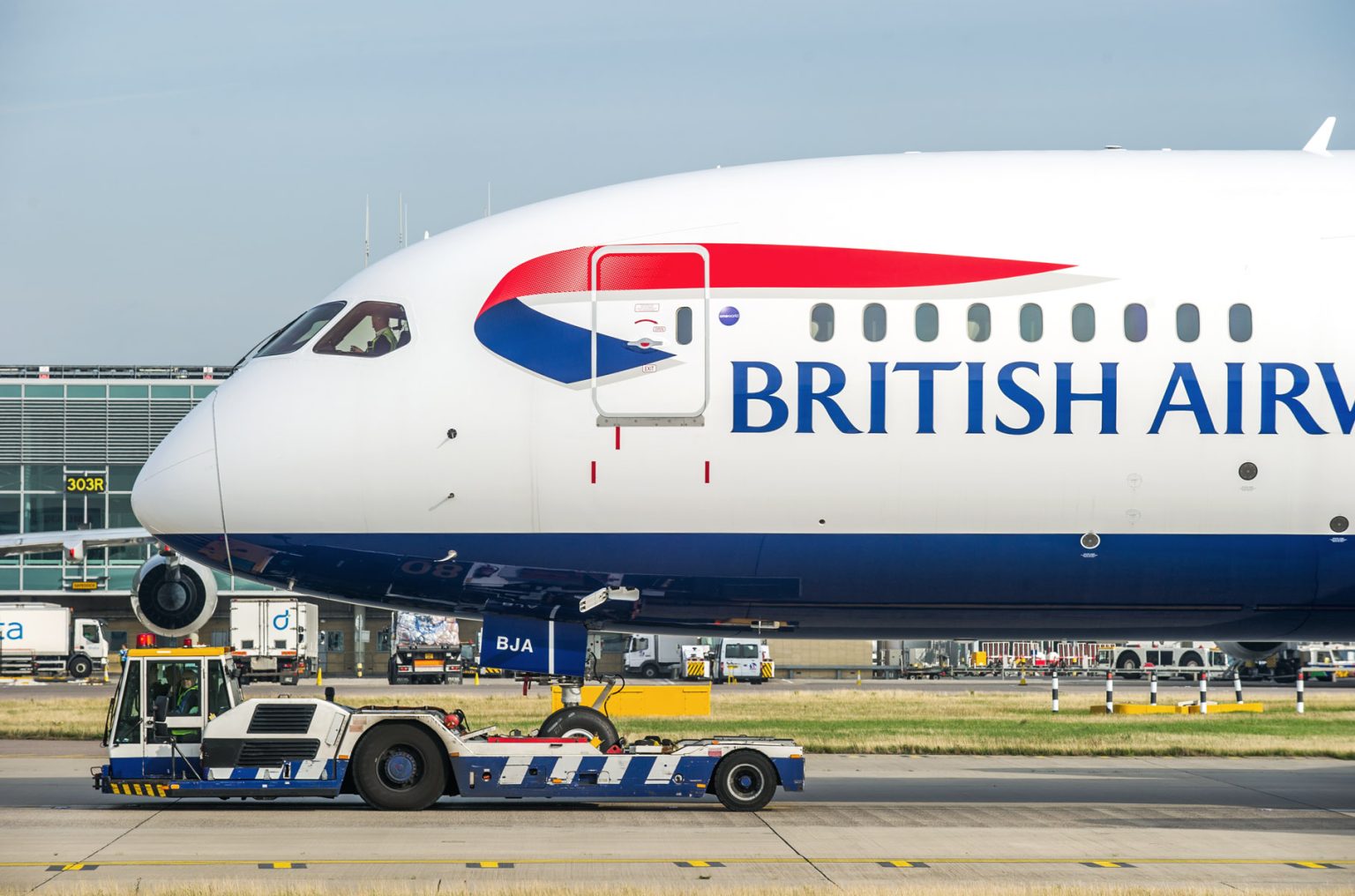The European aviation market saw a spectrum of performance between three leading low-cost carriers – Ryanair, EasyJet, and Wizz Air. Similarly, variations were also observed among the three major network carrier groups – Air France-KLM, Lufthansa Group, and IAG. IAG, the parent company of British Airways, Iberia, and Aer Lingus, reported strong financial results in 2024, with a profit increase year on year and heavy exposure to the North Atlantic market. Despite its success, IAG faced operational challenges, including poor punctuality and high cancellations at British Airways.
Air France-KLM experienced weaker performance in 2024, with a substantial decrease in profits compared to the previous year. Factors contributing to this downturn included lower demand in the North Atlantic market, investment in operational performance for the Paris 2024 Olympics, and rising operational costs at both Air France and KLM. In contrast, Lufthansa Group also reported reduced profits in the third quarter, attributed to industrial action, market-wide excess capacity, and weak Asian market conditions. Lufthansa’s diverse long-haul fleet and poor operational performance have impacted profitability.
IAG, Air France-KLM, and Lufthansa Group are all looking towards further consolidation in the European market. While IAG’s acquisition of Air Europa faced regulatory challenges, it has shown interest in acquiring TAP, the national airline of Portugal. Similarly, Lufthansa Group received approval from the European Commission to acquire Italian national airline ITA, which presents its own set of challenges and opportunities. Despite regulatory approval, the consolidation process is expected to be complex and time-consuming for all parties involved.
Looking ahead, the next quarter will determine the year-end performance for the three network carrier groups. While IAG is expected to remain profitable, both Air France-KLM and Lufthansa Group are facing challenges in maintaining profitability. Efforts are underway to address operational issues, reduce costs, and improve customer offerings to strengthen revenues. The competition in the European aviation market remains fierce, with companies vying for market share, strategic acquisitions, and sustainable growth in a post-pandemic world.
Overall, the performance of the airline sector stocks within the ST200 index reflects the financial health of nearly 200 travel companies globally. The index considers the performance of network carriers, low-cost carriers, and other related companies, giving investors a comprehensive view of the sector. Understanding the financial performance of key players in the industry is essential for making informed decisions about investments and market trends in the aviation sector.


